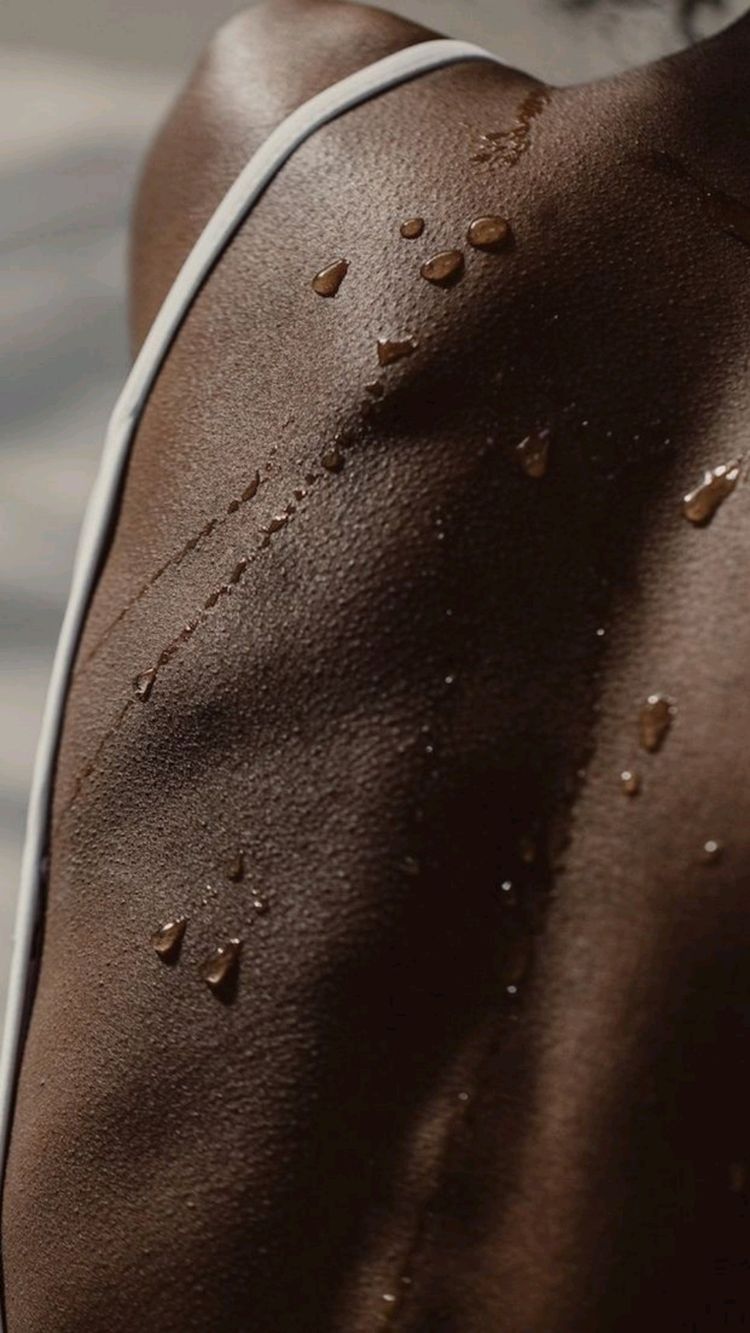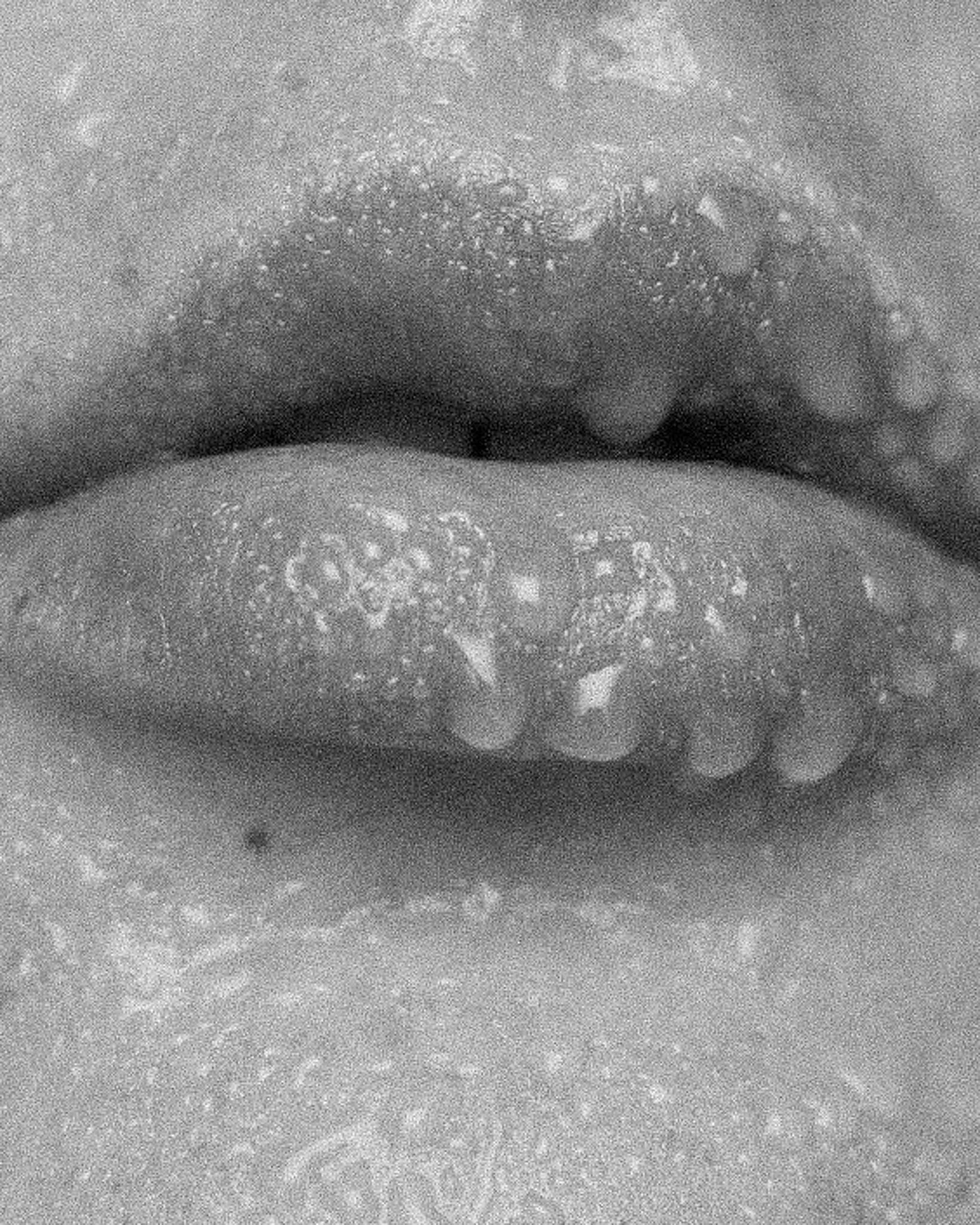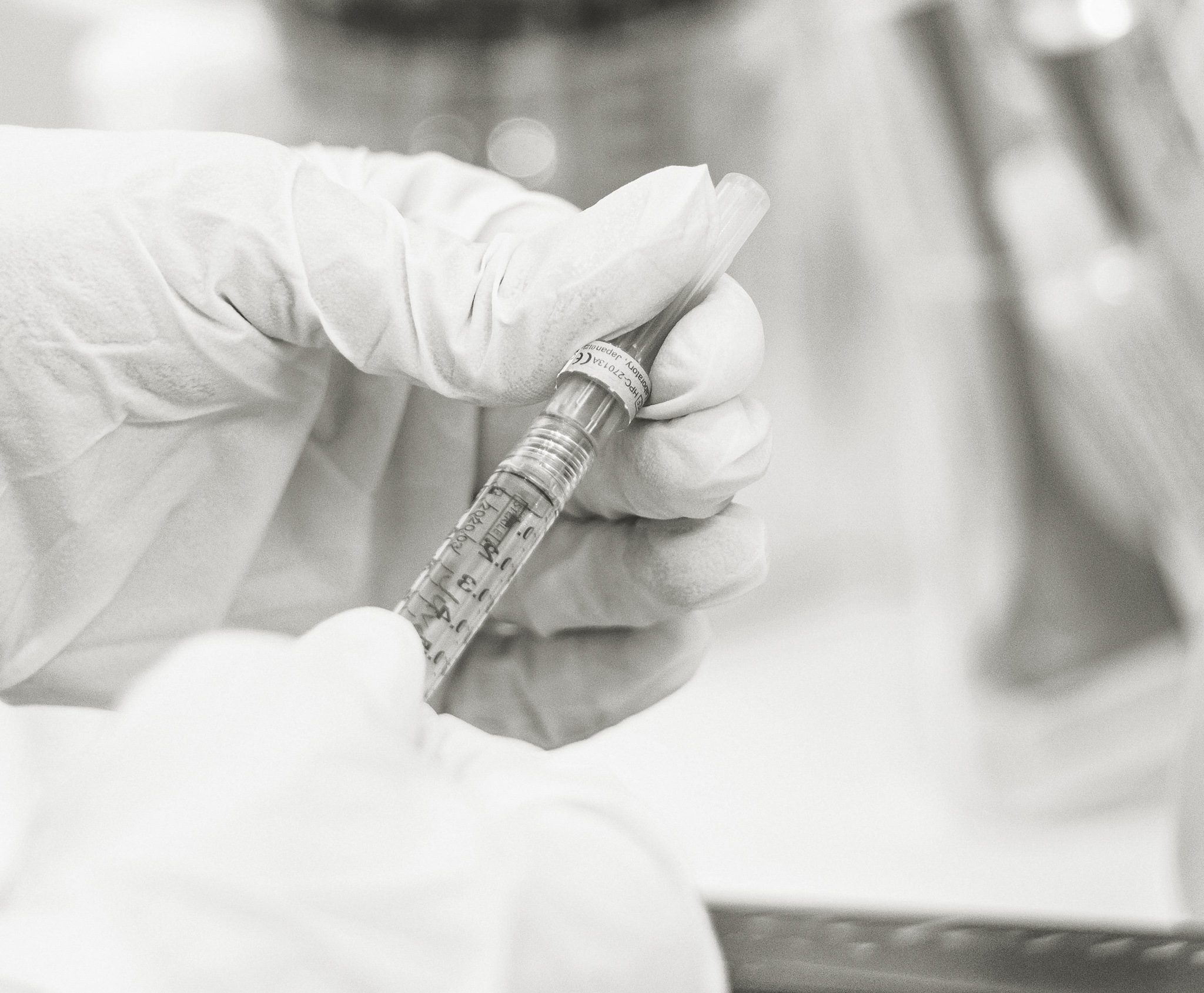COULD COFFEE BE BENEFICIAL?

For those of us with a dependency nothing brings the same morning comfort as a fragrant, warm brew. For me it’s immediately after rolling out of bed. The morning ritual is coffee machine straight on and warming!
Though for some reason we all feel the pressure to ‘cut back’ and reduce our coffee intake, and in some cases that is probably warranted. But interestingly, in 2016 the World Health Organisation actually lifted coffee from their list of potentially carcinogenic foods and in fact endorsed this celebrated beverage as potentially protective against uterine and liver cancer. Furthermore in 2015 the US Dietary Guidelines Committee listed consumption of 3-5 cups per day as possible for a healthy diet.
I, like most of us thought that coffee consumption was bad – stressful on the cardiovascular system, a cortisol stimulator that can cause sleep deprivation and propensity to insulin resistance; acidic, and harsh on the stomach and teeth; a dehydrator that results in excessive urination; and clearly able to effect the brain evidenced by the intense grumpiness and headaches experienced by anyone trying to wean.
However after a chat with our friendly dietician @hormone.nutrition during which I guiltily admitted to my coffee habit, I was surprised when in the setting of my Oestrogen Dominance symptoms, I was not discouraged against my vice! Praise be!
And so began my research. What I found in support of coffee consumption was:
- Coffee is rich in polyphenols which are prolific antioxidants. If you remember some of our previous posts, antioxidants are beneficial for general health as well as skin
- Coffee may lower the risk of parkinson’s disease, type 2 diabetes, alzhiemer’s disease; colon, uterine and liver cancer
- Coffee may actually confer cardiovascular benefit in those without preexisting cardiovascular disease by reducing total cholesterol, and for those that experience postural hypotension (drop in blood pressure with standing), caffeine may help to even you out!
- But perhaps the most relevant and interesting thing to me was the emerging research indicating the coffee is an aromatase inhibitor. That meaning, that coffee may prevent the enzymatic conversion of testosterone (male hormone) to estradiol (oestrogen precursor). Thus for those of us (gents included) who have signs of oestrogen dominance (see previous post), our coffee habit, alongside other supportive lifestyle choices, may actually help to reduce systemic oestrogen and with that improve symptoms such as those associated with endometriosis, and/or predisposition to oestrogen-sensitive cancers e.g. breast, uterine.
Of course I am NOT saying that coffee alone will stop your risk of cancer (though one early study does indicate there is some capacity for this), I am just saying you can probably avoid the self-flagellation you may endure each time you enjoy your morning cuppa joe.
As with all things though, moderation is key, and tips for healthy coffee consumption include:
- Concurrent good hydration and replacement of lost water
- Adding dairy may potentially counter some of the good effects here mentioned due to trans-fat and sex hormones often found in milk. In consultation with your dietician or GP consider a soy-based substitute or alternative plant-based mylk if OD is a problem for you
- While no ‘dangerous’ level of coffee consumption has been studied, keep the risk of side-effects low by avoiding over-indulgence
- If you don’t drink coffee, there is no current recommendation to start
- Stick with the relevant recommendations for pregnant and lactating ladies!
And thanks to Ebony @hormone.nutrition for her staggering expertise
If you’re interested in knowing more about how diet and lifestyle influence skin and health, book a consultation with an Aescend artisan below.


